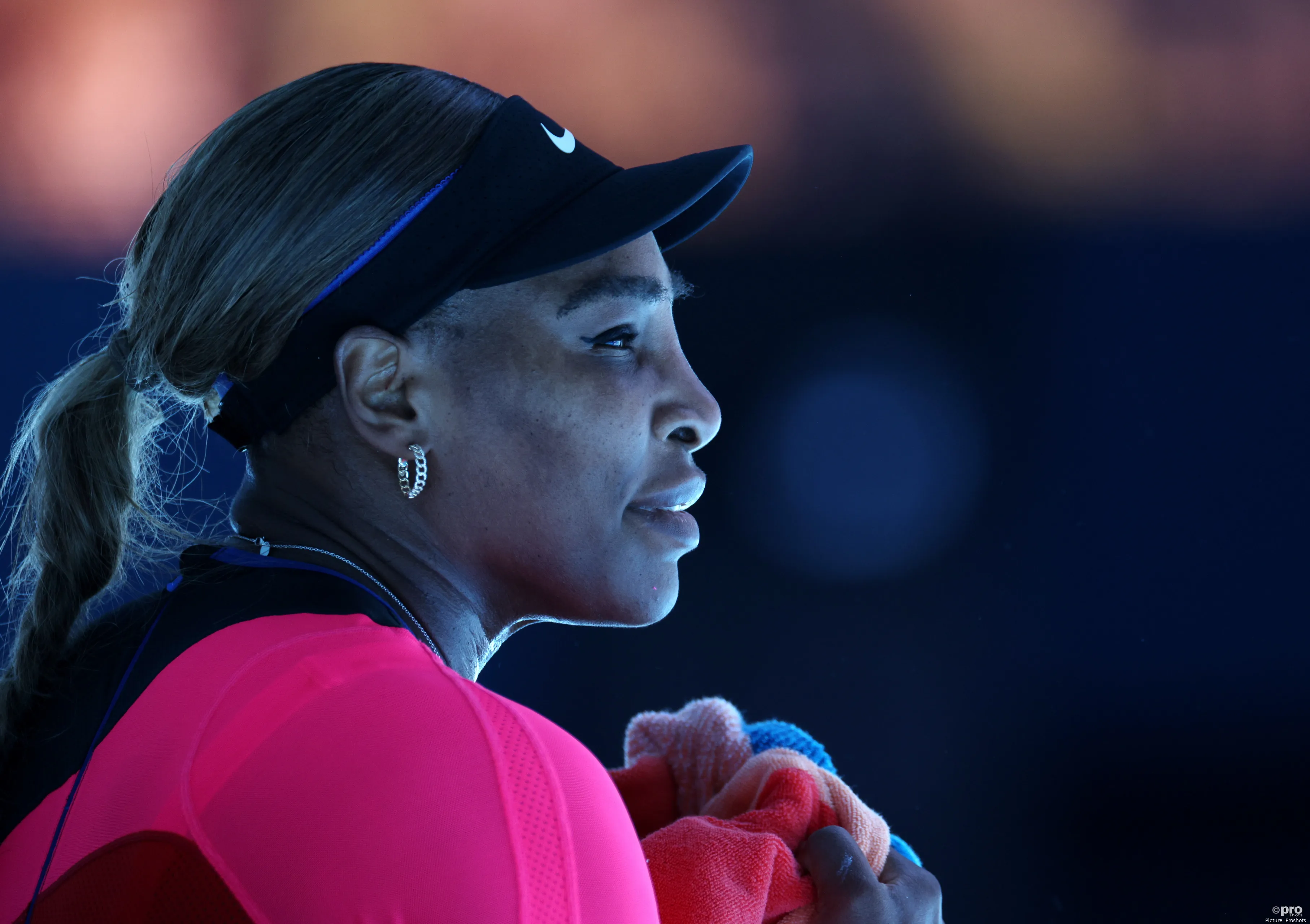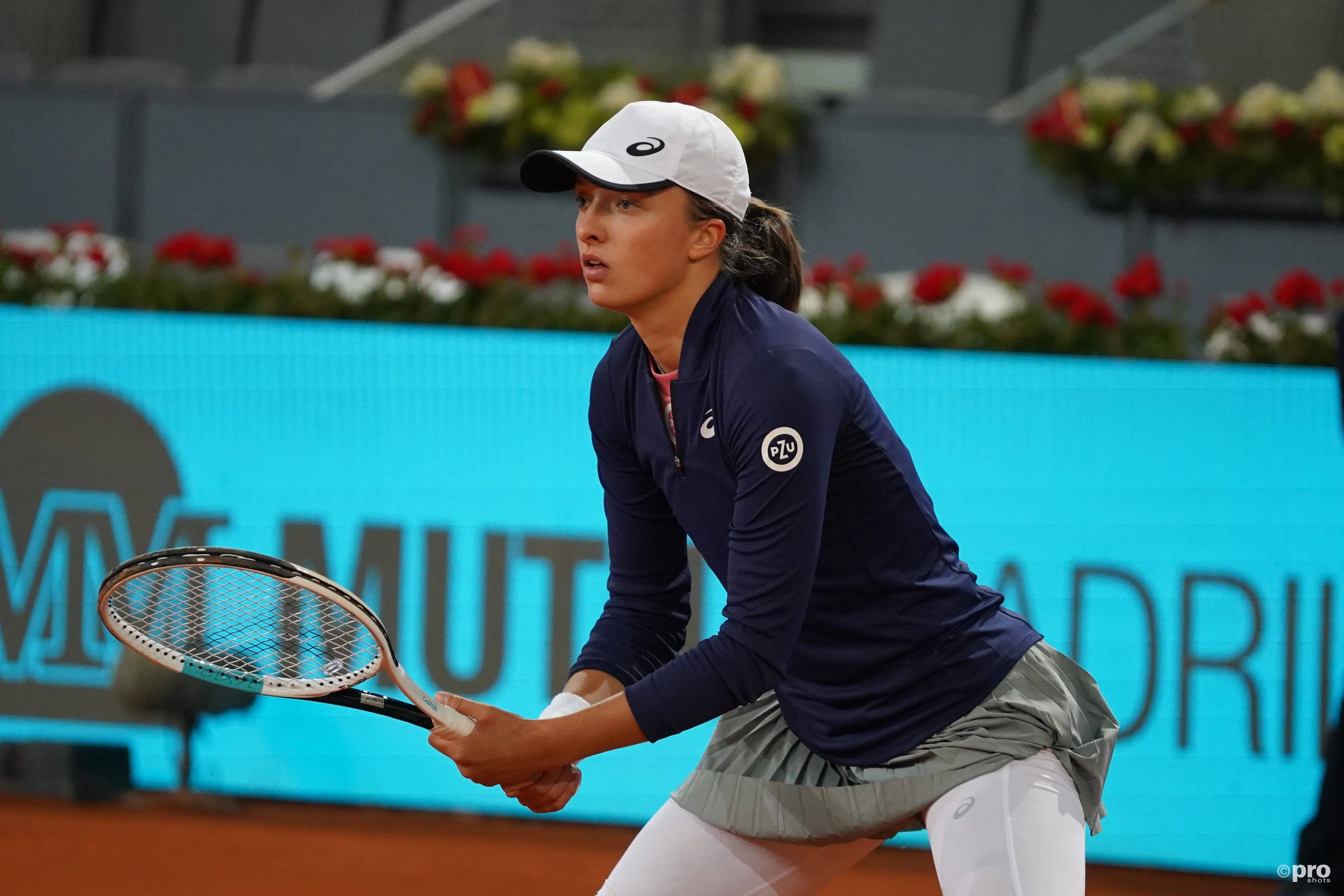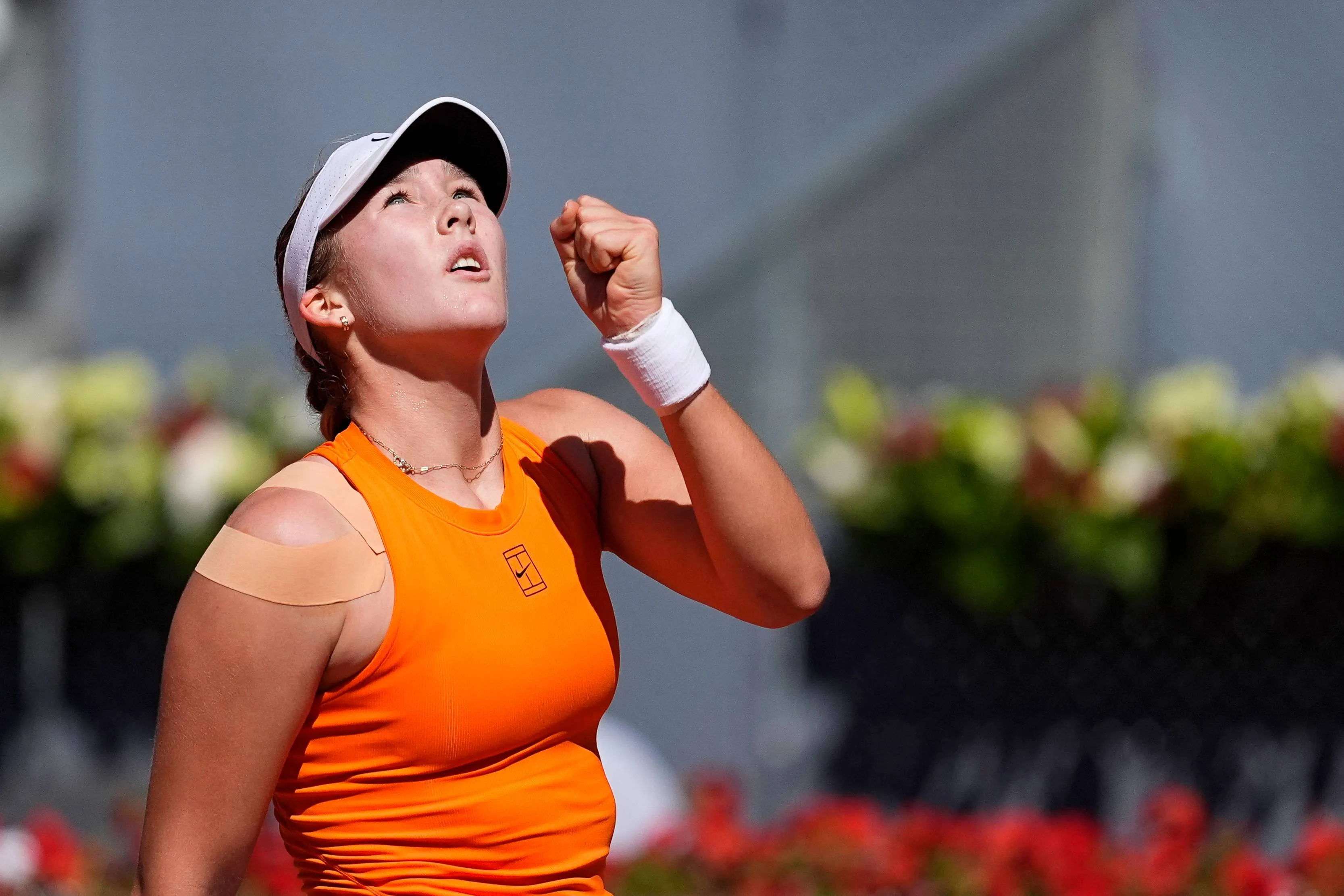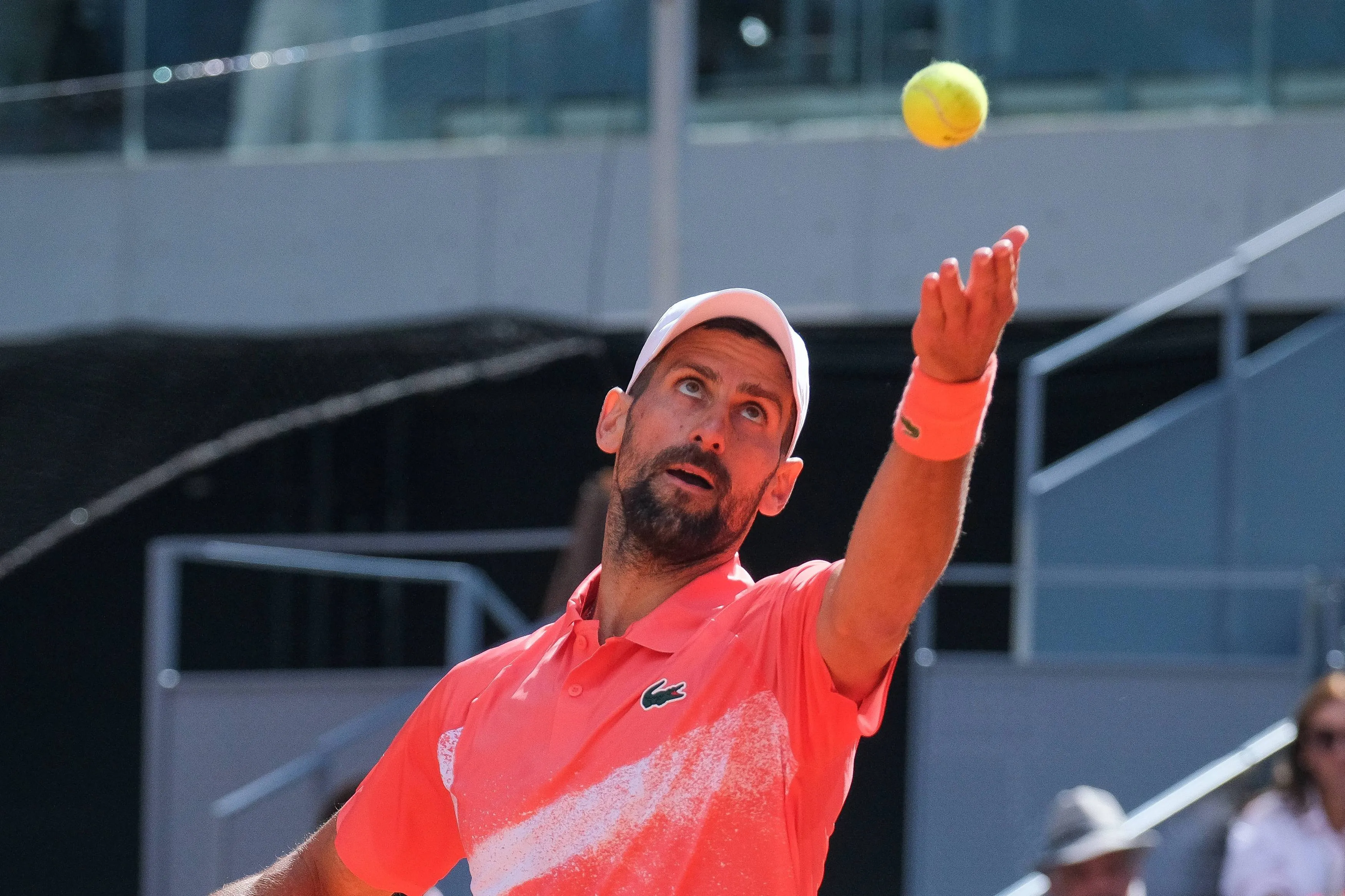Serena Williams opens up about difficult childbirth experience - "All I could think was 'I'm dying'"
WTAWednesday, 06 April 2022 at 01:00

WTA legend Serena Williams shared her harrowing experience during childbirth, and how her treatment during that period was the difference between life and death.
In an essay for Elle magazine, Williams recalled her pregnancy period, calling it largely uneventful. Though she won the Australian Open early on in her pregnancy, she otherwise enjoyed being able to take some time off from her rigorous schedule, and basked in the positive media attention her pregnancy brought about.
"I guess I'm one of those women who likes being pregnant; I enjoyed the positive attention. I'm used to getting negative attention from the press and critics, but this was different. I settled into a whole new way of being. I was relaxed not playing: My life was just sitting at home, and it was wonderful," she wrote.
She even enjoyed the labor cramps, something many moms describe as being one of the hardest parts of delivery.
"It was great! I know that's not what people are supposed to say, but I was enjoying it, the work of labor. I was completely in the moment. I loved the cramps. I loved feeling my body trying to push the baby out," Williams, 40, shared.
But she began to feel more intense contractions the morning after being induced. Though Williams wanted to deliver her first child vaginally, the baby's fluctuating heart rate prompted her doctor to order a C-section. Olympia was born on Sept. 1, 2017.
"The doctor walked in, looked at me, and said, 'We're giving you a C-section,'" she wrote. "She made it clear that there wasn't time for an epidural or more pushing. I loved her confidence; had she given me the choice between more pushing or surgery, I would have been ruined."
After surgery, Williams asked a nurse when she would start her heparin drip, a blood thinner used to prevent blood clots. The tennis star is at high risk for blood clots and has previously had life-threatening clots in her lungs. The nurse told Williams she wasn't sure if that was needed, but Williams knew her body and continued to insist upon the drip as she lay in immense pain.
"No one was really listening to what I was saying … I felt it was important and kept pressing. All the while, I was in excruciating pain. I couldn't move at all — not my legs, not my back, nothing," she said.
Read also
Then she began to cough, experiencing "racking, full-body ordeals" that sent "sharp pains" to her C-section wound each time she coughed. Williams knew that coughing could compromise her stitches, but she could not stop, feeling like she couldn't get enough air. Eventually, her stitches burst, resulting in another surgery. This, unfortunately, would be the beginning of a series of post-delivery complications for the athlete.
"Little did I realize that this would be the first of many surgeries. I wasn't coughing for nothing; I was coughing because I had an embolism, a clot in one of my arteries," she shared in her essay. "The doctors would also discover a hematoma, a collection of blood outside the blood vessels, in my abdomen, then even more clots that had to be kept from traveling to my lungs."
Following her second surgery, Williams felt like she might actually die.
"When I woke up from that surgery, in the hospital room with my parents and my in-laws, I felt like I was dying. They were trying to talk to me, and all I could think was, 'I'm dying, I'm dying. Oh my God.' I really thought I would faint," she said.
Despite her current state, Williams still mustered up the strength to advocate for herself yet again.
"I spoke to the nurse. I told her: 'I need to have a CAT scan of my lungs bilaterally, and then I need to be on my heparin drip,'" she said.
The nurse dismissed her concerns as "crazy" talk, but Williams refused to let it go, a decision that likely saved her life.
"Finally, the nurse called my doctor, and she listened to me and insisted we check. I fought hard, and I ended up getting the CAT scan. I'm so grateful to her. Lo and behold, I had a blot clot in my lungs, and they needed to insert a filter into my veins to break up the clot before it reached my heart," said Williams.
While she ultimately did get her CAT scan and the clot was stopped before it could reach her heart, Williams knows she should not have had to fight to have her concerns addressed. Her experience has also been held up as an example that even some biggest names in the world can't escape the harrowing realities of implicit biases in the medical field.
Black women are almost three times more likely to die after childbirth than white women, and many of these deaths are believed to be preventable.
"I know those statistics would be different if the medical establishment listened to every Black woman's experience," wrote Williams.
claps 1visitors 1
Just In
Popular News
Latest Comments
- You win some; You lose some. I prefer the Human Factor in sports. Seekig Hi-Tech "perfection" with robotics and AI will one day sterilize sport... and even Life. How boring.
 mandoist26-04-2025
mandoist26-04-2025 - Keep avoiding anti-Social Media, do your best to ignore loser sports writer's questions, and just do your own thing.
 mandoist24-04-2025
mandoist24-04-2025 - Let's face it, Saba is not the sharpest tool in the tool shed. Her sarcasm / passive agressive nonsense has always been annoying. Granted, attempting humor in another language is tough but she truly sucks at it.
 mandoist24-04-2025
mandoist24-04-2025 - Well, that was ... all about nothing. Every excuse and future workout plan mentioned should have been dealt with a long time ago. R.I.P., Mark Petchey.
 mandoist22-04-2025
mandoist22-04-2025 - I hope Marion Bley is the Chair Ump for the Final. It would be Karma Served for Saba after her disrespectful 'performance' in the semi.
 mandoist21-04-2025
mandoist21-04-2025 - Coco needs to stop the Williams Hero Worship and play like 'Coco'.
 mandoist19-04-2025
mandoist19-04-2025 - Didn't expect issues between these two...SakkariFan2318-04-2025
- Send her a crate of deodorant DoveSakkariFan2318-04-2025
- Good to see, hopefully Sakkari can return to the form she deserves.SakkariFan2318-04-2025
- Shame no play on Friday but some line-up incoming..SakkariFan2318-04-2025







